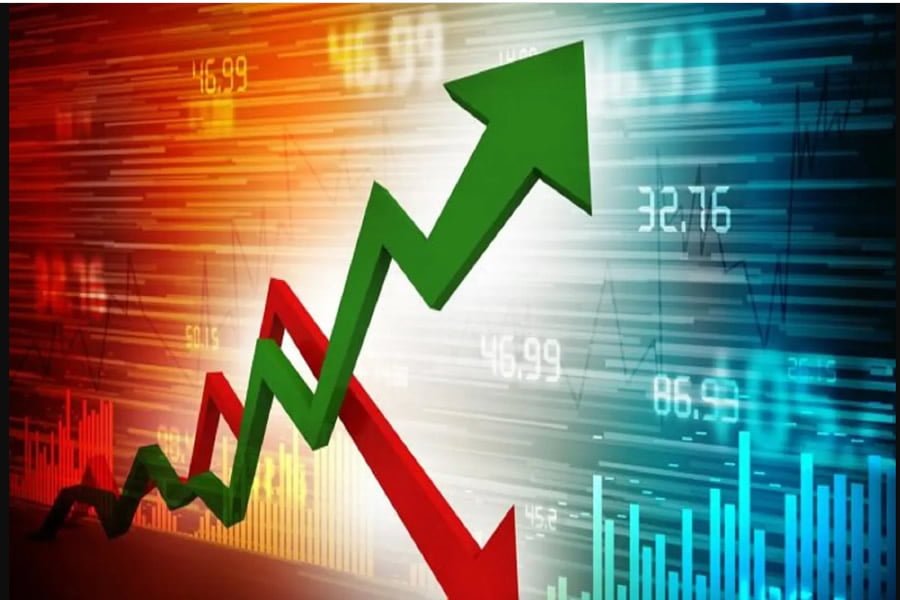With inflation slowing down according to latest data by the National Bureau of Statistics (NBS), the after effects of the hawkish monetary stance of the Central Bank of Nigeria(CBN) is expected to further tame the rate at which prices of goods and services rise in the country.
This was stated by the head of Investment Research, Parthians Securities Limited, Oluwaseun Dosunmu, at a webinar held by the investment firm titled ‘An investor’s guide to building wealth on the Nigerian Exchange.’
Noting that the stance taken by the monetary authorities would see inflation figures trend downwards in 2023, he said, interest rates is expected to remain high this year in a bid to still reign inflation, adding that, the economic activities and outlook for the second half of the year are dependent on the outcomes of the upcoming elections.
“Outlook for the Nigerian economy, we know that the elephant in the room for 2023 has to do with the elections. And a lot of comments and questions have been hovering around that space. What will the outcome be like and what policies and things like that.
“We believe the elections will have a major role to play on the Nigerian economy this year.”
see elevated inflation levels, and we expect that inflation might start to decline. It might not be at the same rate at which it increased, last year but we expect that inflation would decline to an extent.
“We expect to expect the CBN to continue to, adopt the hawkish stance, it might not be as aggressive as last year, but we expect interest rates to still remain high, at least for the most part of 2023,” he pointed out.
He added that the foreign exchange market would be stable in the first half of the year and that it would be a burning issue for the next administration.
“The exchange rates exchange rates are still a major, major issue in the Nigerian economy. While we really do not expect the exchange rates to decline in terms of the exchange rate between the naira and the USD, we believe we would see some form of stability for now and towards the elections and after the elections. The outcome of the elections will most likely decide where or how the exchange rates would move, going forward,” he stressed.
Meanwhile, he stressed the need for the incoming government to put in place policies that would lure both foreign portfolio investors and foreign direct investors to the country.
To him, “Nigeria is at the point whereby we were pressured on every side and we know that the only thing that can actually help us through on the long term is if we have policies that would actually help stimulate growth and so policies are actually attracting foreign investors into our market. So, if we have peaceful elections, it tells the international markets that you know, you can do business with Nigeria.
“I also believe that once that is in place, whoever is going to take over from the current administration, the foreign exchange is a major issue on the table and I’m sure that policies are going to come up, that would actually favor not just for portfolio investments but foreign direct investments, so that would see more dollars come into the economy.”
Leadership

